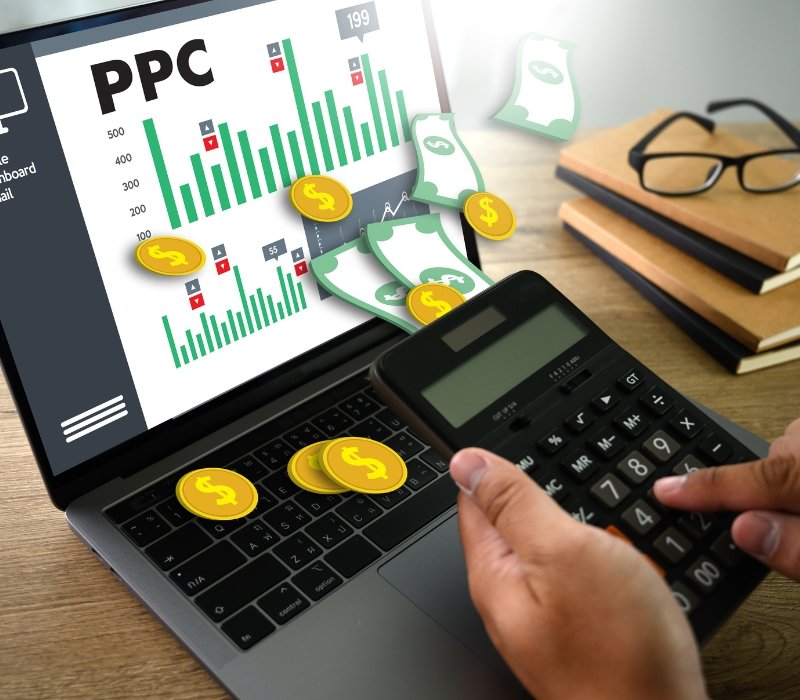PPC Marketing
PPC
PPC Marketing
PPC (Pay-Per-Click) digital marketing is a form of online advertising where advertisers pay a fee each time their ad is clicked. It’s a way of buying visits to your site rather than attempting to “earn” those visits organically. Here’s an overview of PPC digital marketing:

PPC Digital marketing services
Ad Platforms:
PPC ads are typically displayed on search engines (like Google, Bing) or social media platforms (like Facebook, Twitter, LinkedIn). Each platform has its own ad network, ad formats, targeting options, and bidding system.
PPC campaigns target specific keywords or phrases relevant to the advertiser's products or services. Advertisers bid on keywords, and their ads are displayed when users search for those keywords on the platform.
Ad Creatives:
PPC ads usually consist of text, images, or videos, depending on the ad format and platform. Ad creatives should be compelling, relevant, and tailored to the target audience to maximize clicks and conversions.
Bidding System
PPC advertising operates on a bidding system, where advertisers set a maximum bid they're willing to pay for each click on their ad. The actual cost per click (CPC) depends on various factors, including the bid amount, ad quality, relevance, and competition.
Ad Rank:
Advertisers' ads are ranked based on a combination of bid amount and ad quality. Platforms use algorithms to determine ad rank, which determines the ad's position on the search results page or social media feed.
Targeting Options:
PPC platforms offer various targeting options to reach specific audiences, including demographic targeting (age, gender, location), interest targeting, behavior targeting, and remarketing (targeting users who have previously interacted with your website or ads).
Budgeting and Campaign Management:
Advertisers set a daily or lifetime budget for their PPC campaigns to control spending. Campaigns can be managed and optimized to improve performance, increase click-through rates (CTR), and maximize return on investment (ROI).
Conversion Tracking:
Tracking conversions is essential for measuring the effectiveness of PPC campaigns. Advertisers use conversion tracking tools to monitor actions such as website visits, form submissions, purchases, or other desired outcomes resulting from ad clicks.
A/B Testing:
PPC campaigns can be optimized through A/B testing, where different ad creatives, landing pages, or targeting options are tested to determine which performs best. Continuous testing and optimization help improve ad performance and campaign ROI over time.
Performance Reporting:
PPC platforms provide performance reports and analytics to track key metrics such as impressions, clicks, CTR, conversion rate, and ROI. Advertisers use this data to evaluate campaign performance, identify areas for improvement, and make data-driven decisions.